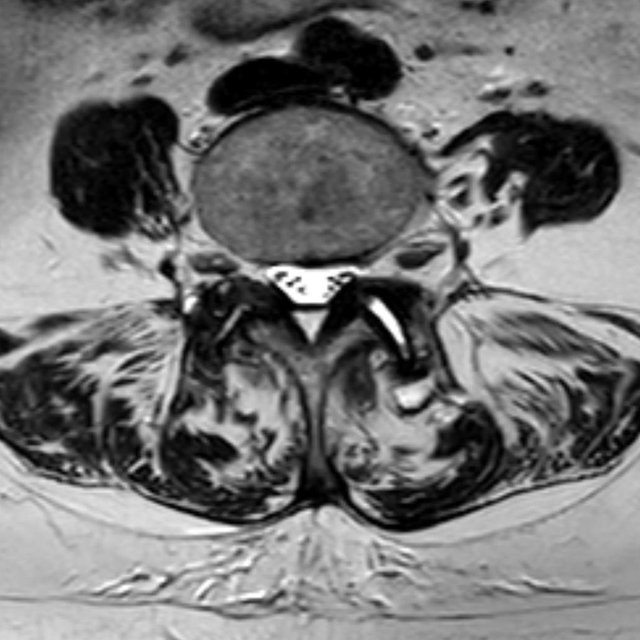Cauda equina compression MRI categorisation
| Website: | Cauda Equina |
| Disease area(s): | Neuroscience; neurosurgery; cauda equina syndrome |
| Data sources: | University Hospitals Plymouth NHS Trust (UHPNT) |
| Project stage: | Data collection |
| Ethical approval: | Granted (Reference Number: 23/SC/0064) |
| Principal Investigator: | Dr Mark Thurston |
| Lead Researcher: | Dr Mark Thurston |
Summary
Cauda equina syndrome occurs when the nerves at the base of the spine are suddenly compressed which may result in bladder dysfunction, bowel dysfunction, and/or sensory changes in the saddle area. The condition can require emergency surgery: delayed treatment can result in long-term irreversible life-changing nerve damage.

Patients can present to their GP with non-specific symptoms but have significant and unexpected critical findings on their MRI identified at the point of reporting. Unfortunately, there is an ongoing significant backlog of radiology reporting, meaning that many patients referred from the community for MRI will not have their scan reviewed by a radiologist immediately.
A computer vision model that can correctly categorise MRI images would enable prioritised reporting of MRI scans with potential nerve compression. We are undertaking this project to investigate the feasibility of this approach.








